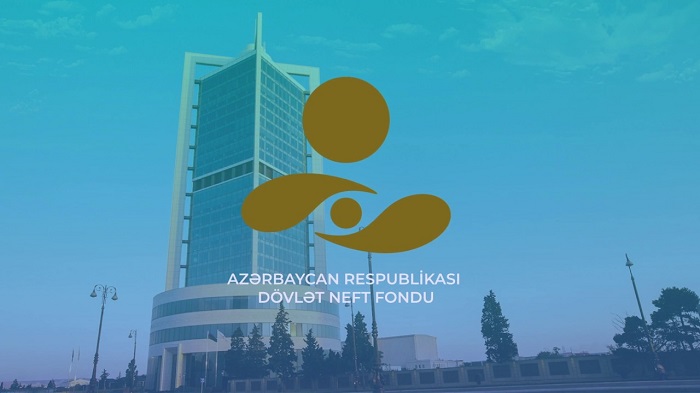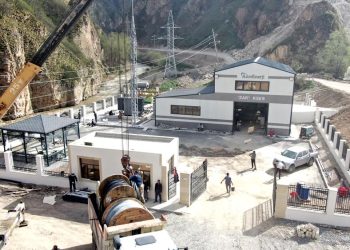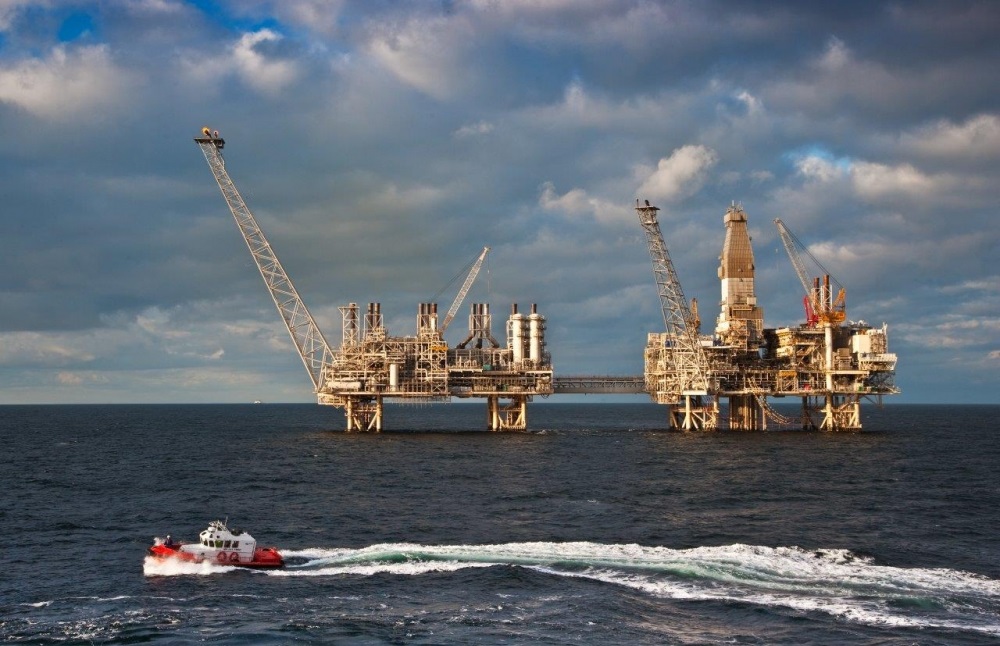 In case of implementing the Turkmenistan-Afghanistan-Pakistan-India (TAPI) pipeline project, Turkmenistan with the second largest gas field in the world at Galkynysh can strengthen the position of the Caspian-littoral country on the promising and rapidly growing gas market of the Asian region, local experts said.
In case of implementing the Turkmenistan-Afghanistan-Pakistan-India (TAPI) pipeline project, Turkmenistan with the second largest gas field in the world at Galkynysh can strengthen the position of the Caspian-littoral country on the promising and rapidly growing gas market of the Asian region, local experts said.
Turkmenistan is currently a supplier of natural gas to China, Iran and Russia. The Asian Development Bank (ADB) is promoting TAPI as transaction advisor of the project. Previously, ADB wrote that after more than 20 years of difficult negotiations, the 1,800-kilometer gas pipeline is on the verge of reality. This gas pipeline will connect one of the largest energy suppliers of Central Asia with the critically needy South Asian market. Ashgabat believes that the pipeline construction may begin in 2015.
The Turkmen project was originally aimed at the Pakistani market, India joined it in 2008 and after that, negotiations intensified. Turkmen gas will help to meet growing energy consumption in India and Pakistan – where need may grow twice by 2030, and the remaining part will simplify the constant lack of energy resources in transit Afghanistan. Bangladesh has also expressed interest in the project.
During the implementation of the TAPI project, India will have its first transnational gas pipeline. Currently, this country buys fossil fuels in liquefied form by tankers, for example from Qatar.
“TAPI is not just a mutually beneficial energy and economic project, but also a consolidating factor of political value, strong evidence of maintaining balance of the interests of producers, transit countries and consumers,” the Ministry of Oil and Mineral Resources of Turkmenistan said earlier.
The next step for the four TAPI countries is the issue of attracting commercial partners for the pipeline’s construction.
The project’s cost is estimated from $7 billion to $10 billion. Russia is interested in this project, and its implementation is supported by the US administration.
TAPI’s design capacity stands at up to 33 billion cubic meters of gas per year.
In May 2012, the sale and purchase agreements were signed with the Indian GAIL Ltd. and State Gas Systems of Pakistan, and in July 2013 another agreement was inked with the Afghan Gas Corporation.
In November 2013, a service agreement was concluded with the ADB.
The gas pipeline’s total length will be 1,735 kilometers; some 200 kilometers of this will run through Turkmenistan, 735 kilometers – through Afghanistan, 800 kilometers – through Pakistan to the Fazilka township on the border with India.
The basic document for the promotion of TAPI is the Ashgabat interstate agreement signed between the participating states in 2010 on starting the practical implementation of this project.
Meanwhile, security of this project, which runs through unstable Afghanistan, remains as a key issue on the agenda. However, Ashgabat believes that the implementation of the TAPI project will have a positive impact on Afghanistan’s economic development and in general, the political situation in the country and will help resolve important social issues.
Turkmenistan, which adheres to a positive neutrality status in its foreign policy, has repeatedly expressed readiness and has offered a political platform for holding inter-Afghan negotiations under the UN auspices.
Huseyn Hasanov, Trend News Agency











